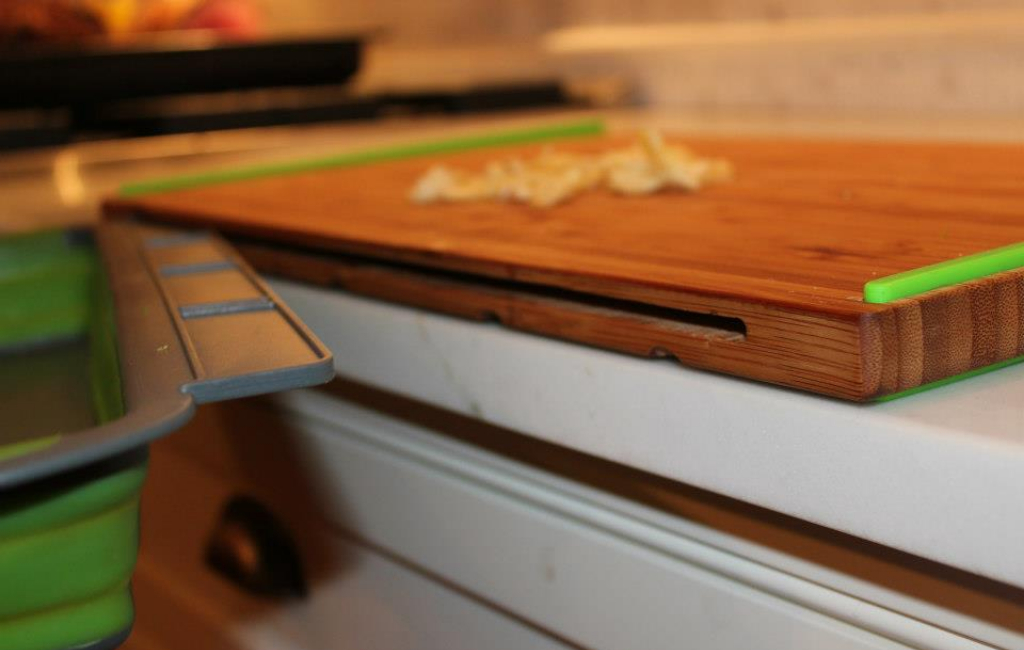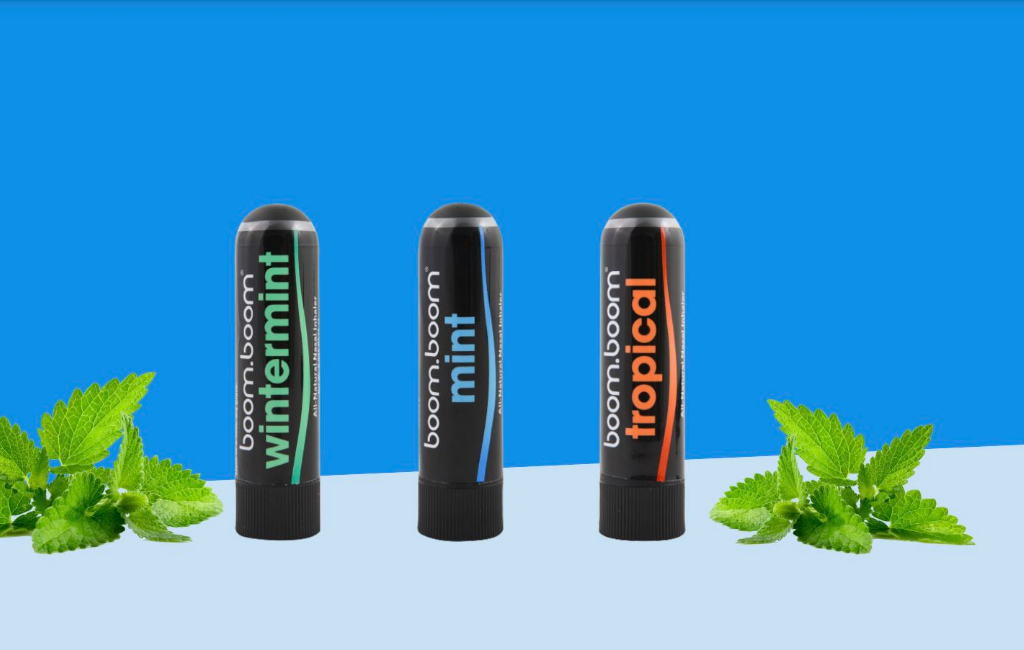Soupergirl Soup
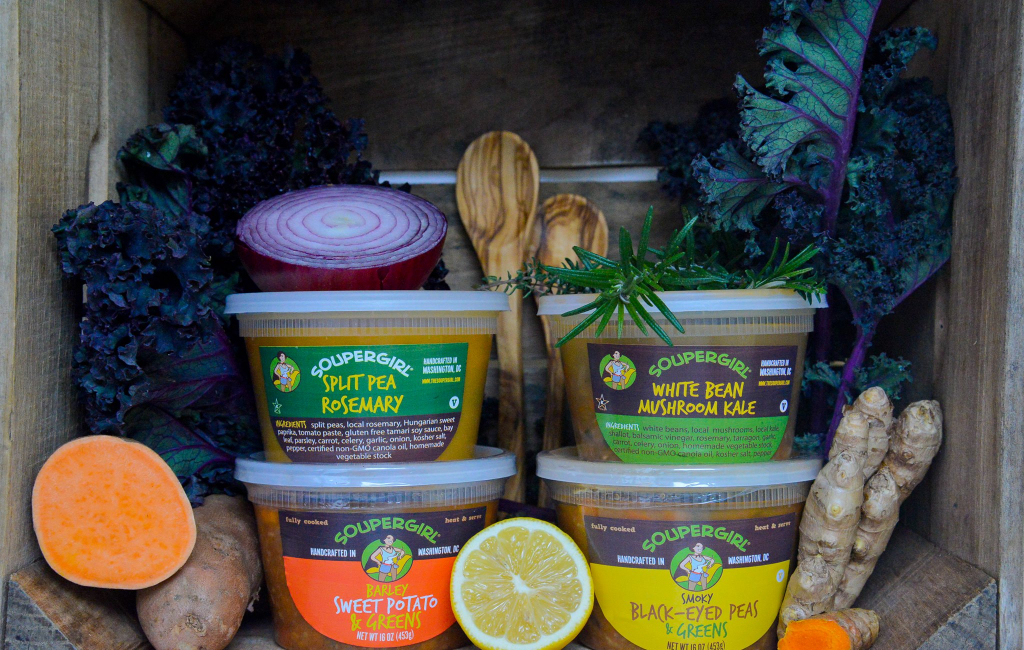
NO DEAL
EPISODE SUMMARY
🕓 Air Date: October 21, 2018
Asking For:
$500,000 for 10%
Investor:
No Deal
Deal:
No Deal
PRODUCT SUMMARY
Soupergirl offers all-natural, hand-crafted soups that are high in plant-based protein and fiber, low in salt and fat, and packed with fresh vegetables.
WATCH HERE
IN A RUSH?
Click these to jump to the section you want to read.
Background Story
Soupergirl, based in Washington, D.C., is not just a business but a family venture founded by Sara Polon and her mother, Marilyn Polon. The company’s roots trace back to 2008 when Sara, a former stand-up comic with a penchant for humor and a desire for a nourishing bowl of soup, embarked on a quest to create something healthier than what was commercially available. The journey began with Sara’s struggle to find a soup that didn’t compromise on flavor while maintaining a low level of salt and fat.
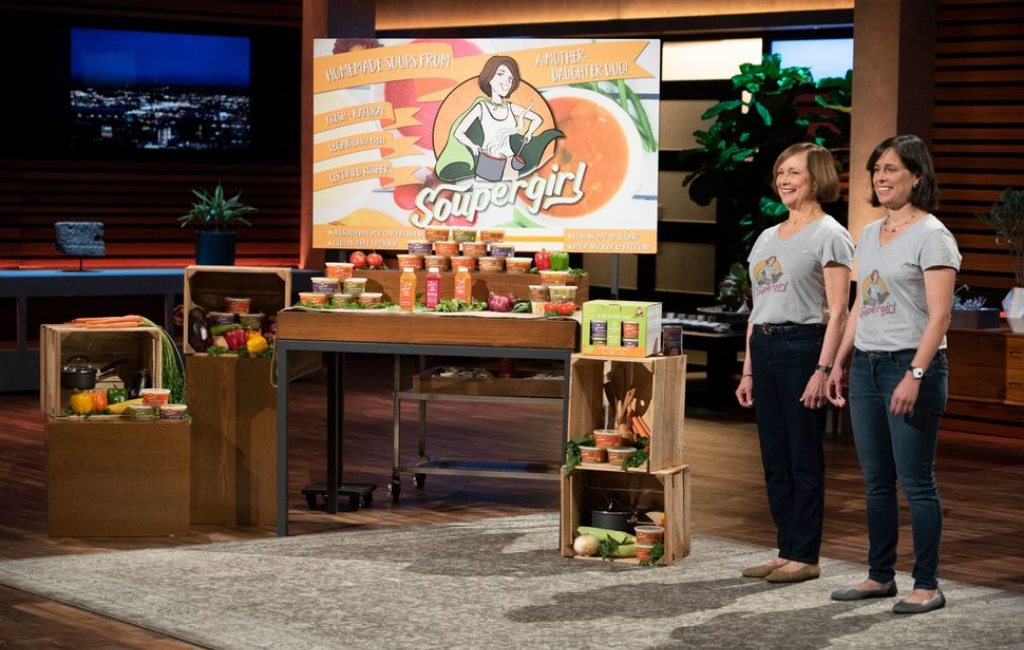
Failing in her initial attempts, she enlisted the support of her mother, Marilyn, who became the Chief Anxiety Officer, injecting a bit of humor into their official titles. Sara’s determination and her mother’s unwavering support led to the birth of Soupergirl. What started as a small, local soup-delivery business soon evolved into something much larger. Despite facing challenges with their first kitchen, which was described as a dungeon lacking air conditioning, the duo persisted. Marilyn’s memorable recounting of the initial kitchen, complete with a mouse and lack of heat, adds a touch of authenticity to their narrative.

Sara’s transition from stand-up comedy to soup entrepreneur reflects her entrepreneurial spirit and determination. The decision to bring her mother out of retirement underlines the familial bonds that are integral to Soupergirl’s identity. The evolution from a local delivery service to a multi-location enterprise showcases their commitment to providing quality, healthy soups that align with their values. The founders’ background story intertwines personal experiences, humor, and a commitment to quality, laying the foundation for Soupergirl’s growth and success.

The Product
Soupergirl offers a diverse range of handcrafted soups, distinguished by their commitment to health, quality ingredients, and unique flavors. The products are carefully crafted to cater to individuals seeking nutritious, plant-based meal options without compromising on taste.
The soups, available in various flavors such as chilled watermelon gazpacho, West African peanut stew, summer minestrone, curried red lentil peach, and Indian-style mulligatawny, stand out for their all-natural composition. They are rich in plant-based protein and fiber while being low in salt and fat. Soupergirl’s creations reflect a fusion of flavors, emphasizing fresh vegetables to deliver a wholesome dining experience.
The company introduces innovative offerings like the Souper Meals Program, allowing customers to enjoy a curated selection of soups over three or five days. This program offers flexibility, enabling customers to customize their soup selections. The three-day program includes 12 soups, while the five-day option comprises 20 soups.
Soupergirl’s commitment to quality extends to being certified Kosher, ensuring adherence to dietary preferences. While the soups were initially delivered locally, the company has expanded to retail locations and natural-food stores, offering wider accessibility.
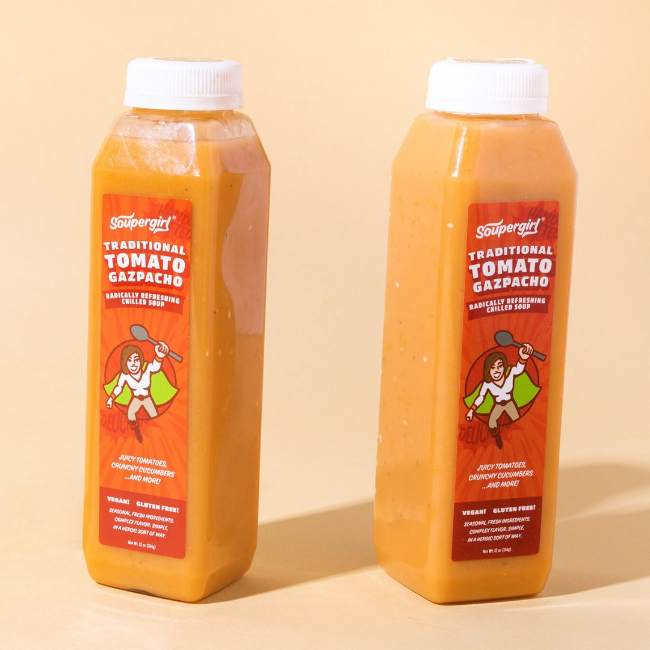
How It Went
The company’s position before Shark Tank
Soupergirl has exhibited commendable growth and resilience since its inception in 2008. The company’s health and position in the market reflect a positive trajectory, marked by a transition from a small, local delivery business to a multi-location enterprise with retail presence in nearly 50 natural-food stores and 20 box stores. The company’s revenue has steadily increased over the years, reaching $2.4 million in 2017, a testament to the growing demand for their unique and health-focused soup offerings. Despite this, challenges such as low profit margins, standing at 5%, were acknowledged during the pitch. The founders attributed these challenges to the high fixed costs associated with their new kitchen.
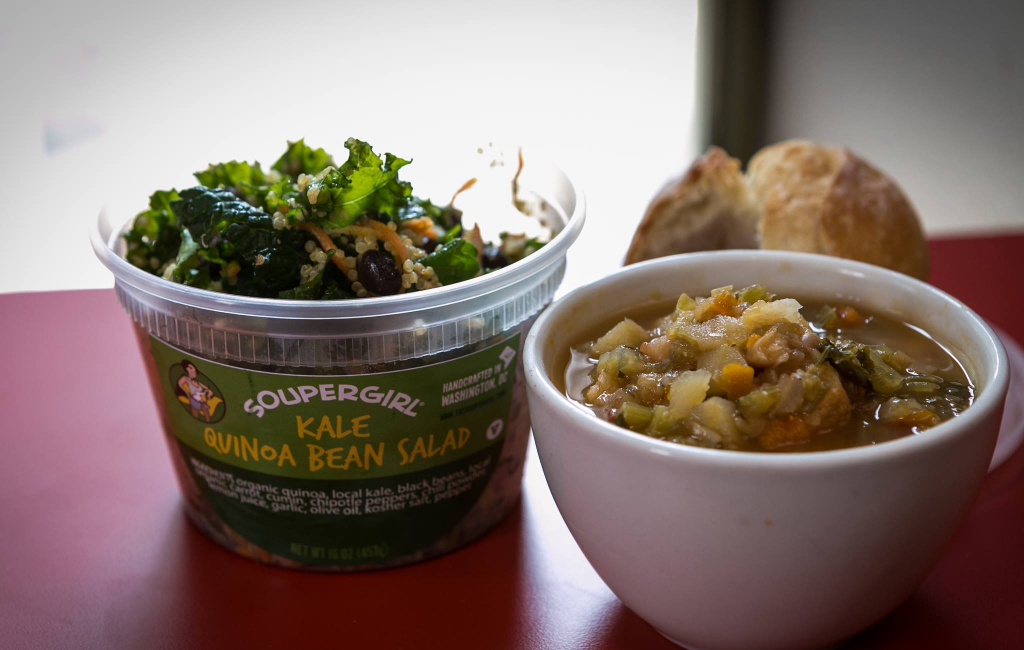
Soupergirl’s partners include natural-food stores and box stores, forming a distribution network that contributes to the brand’s expansion. The company has also ventured into the Souper Meals Program, a strategic initiative generating $900,000 in sales, demonstrating adaptability and innovation in response to consumer demands. Funding for Soupergirl has primarily come from the founders’ investment efforts and a small business loan of $640,000. The founders discussed the need for additional funding, seeking $500,000 from the Sharks during the pitch. However, the company’s valuation of $5 million raised concerns among the Sharks, leading to a lack of agreement on a deal.
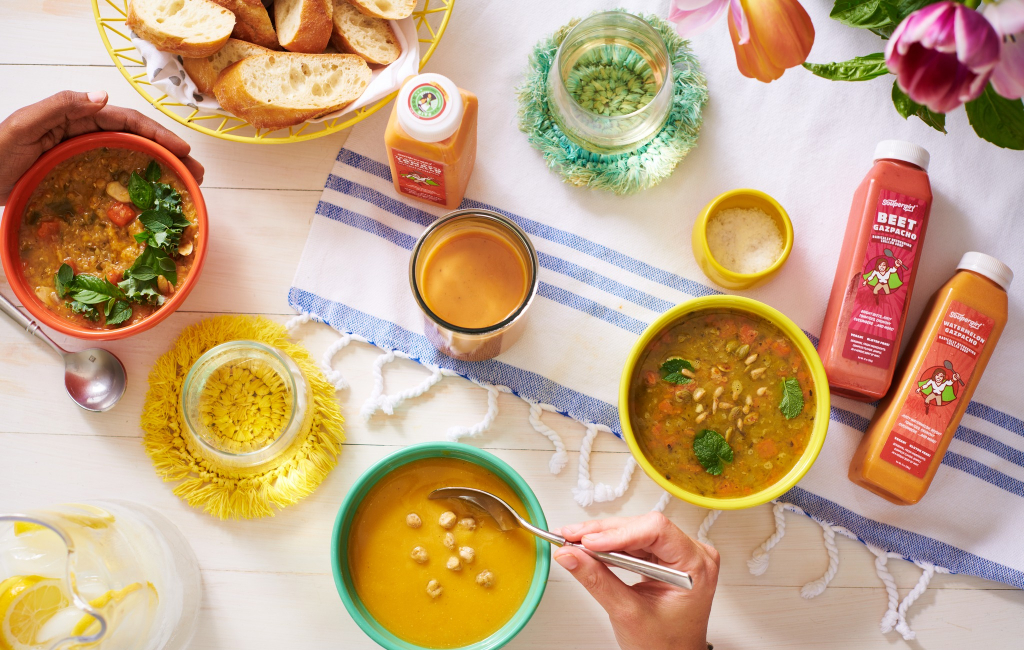
Profitability has been a challenge, with only a 5% profit margin mentioned during the pitch. The founders disclosed the need for additional funds to optimize staff costs and further develop the business. Despite these challenges, the company’s commitment to quality, innovation, and its unique position in the market with plant-based, Kosher-certified soups indicate a foundation for continued growth. The current structure of the company involves the active participation of Sara Polon as the CEO and co-founder, with Marilyn Polon serving as the Chief Anxiety Officer. The company’s growth strategy includes the development of a website with features like auto-renewal, subscriptions, and automated referrals to enhance customer experience and retention.
The Negotiations:
The negotiations for Soupergirl’s pitch on Shark Tank were marked by a mix of enthusiasm, skepticism, and ultimately, no deal being secured. Sara and Marilyn Polon entered the tank seeking a $500,000 investment in exchange for a 10% equity stake in their company, valuing Soupergirl at $5 million. The Sharks were quick to express concerns about the high valuation and the slim profit margins. Kevin O’Leary and Mark Cuban both criticized the valuation, with Cuban stating that the $500,000 for 10% implied a $5 million valuation, and O’Leary highlighting the need for substantial sales to justify such a valuation.

The pitch detailed Soupergirl’s impressive sales growth, reaching $2.4 million in 2017, and the founders discussed their Souper Meals Program, generating $900,000 in sales. However, the profitability challenge, with only a 5% profit margin, raised eyebrows among the Sharks. The negotiations took a turn when Robert Herjavec encouraged the founders, expressing faith in their ability to figure things out. However, he did not make an offer. Subsequently, Mark Cuban, Kevin O’Leary, Daymond John, Barbara Corcoran, and Lori Greiner all opted out, citing concerns about the business model, valuation, and profitability.

While Robert offered words of encouragement, the absence of a concrete deal left Soupergirl without a Shark partner. The Sharks collectively emphasized the need for the company to reevaluate its financial model and consider alternatives such as copacking to address cost concerns. Ultimately, the negotiations reflected the Sharks’ hesitations regarding Soupergirl’s valuation and profitability, despite acknowledging the appeal of the product and the company’s growth potential. The founders left the tank without securing a deal but with valuable feedback that could potentially shape the future of Soupergirl.






